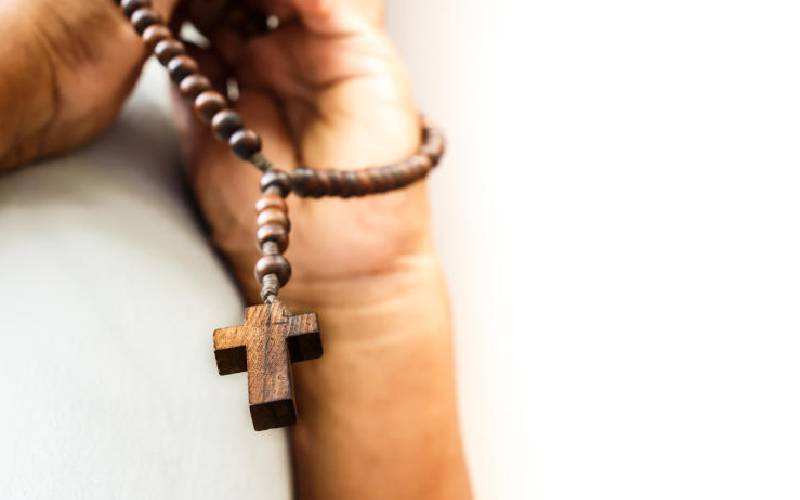×
The Standard e-Paper
Join Thousands Daily

It is my hope that even when battling for votes, let’s place God where He belongs and maintain our place in the Christian faith. [File, Standard]
A casual visitor to Kenya during this electioneering period would easily be convinced that God is a voter and is affiliated to a political party. He is carried to political rallies and to churches where politicians use Him the way they want.